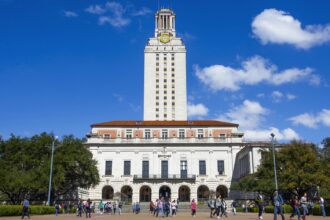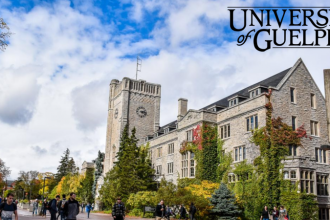British universities face possible closure as 52 out of 90 were given lower ranks this year in the Quacquarelli Symonds (QS) rankings.
According to an authoritative league table that ranked Imperial College London as the second-best university in the world, UK universities would likely face closure because of continuing funding pressure, damaging their international reputation.
In the yearly Quacquerelli Symonds (QS) international university rankings, Imperial College London surpassed top UK universities like Harvard and Oxford to emerge as the second-best university in the world after Massachusetts Institute of Technology (MIT).
However, the UK universities received lower rankings, with Cambridge dropping from the second best to the fifth. In general, 52 out of 90 UK universities had low rankings. University College London remained ninth overall, while Imperial College was among the only 20 institutions that improved.
According to Ben Sowter, the senior vice president of QS, some UK universities could be forced to close as a result of some funding policies, while the sector was beginning to lose its footing in some important measures, including staff-to-student ratios, job outcomes, and academic reputation.
According to Sowter, the cumulative effects could send UK higher education into an irreversible decline. He pointed out that over 50 UK universities had recently announced job cuts. These cuts have been directly related to enrolment drops emerging from the recently announced policies. It is also easy to understand how this could lead to the gradual erosion of UK higher education.
Some universities might be forced to close as a result of staff losing their positions due to declining student enrollment, and institutions depend on the economic impact of international student mobility, which can increase financial difficulties.
The president of Imperial College London, Prof Hugh Brady, said the current Imperial College ranking is a fantastic reflection of the efforts of its staff and students. The university has expanded in recent years and launched its new campus at White City.
According to Professor Brady, it is also remarkable that four UK schools are in the top ten rankings. He added that “given that our pockets are not shallower than our peers; our concern is how to stay there.” Brady said the success of UK universities could be put at risk by the government’s policies that have frozen the level of tuition fees for UK students since 2016, restricted international student visas, and undermined graduate work visas.
He went further to say that there is a need to match the opposition, and recently, it has become increasingly difficult to do so because of the lack of sustainability of the funding model around teaching and research. He also advocated for cross-party consensus on higher education policy in order to create a tool kit that matched up with the UK’s international rivals.
The presence of international students has many advantages. Brady stated that without money, it couldn’t cross-subsidize numerous courses and the education of the UK students.
The QS world rankings rank 1,500 universities in over 100 countries globally based on teaching, research, and graduate employment. Jessica Turner, QS’s chief executive, recommended the UK’s performance despite the challenges the country has faced, but she also warned that further decline will follow unless the country is revived.
The government must prioritize funding and support for the higher education sector, which Turner considers one of the UK’s great assets and achievements.















